
Joseph Louis Gay-Lussac was a French chemist and physicist. He is known mostly for his discovery that water is made of two parts hydrogen and one part oxygen by volume, for two laws related to gases, and for his work on alcohol–water mixtures, which led to the degrees Gay-Lussac used to measure alcoholic beverages in many countries.
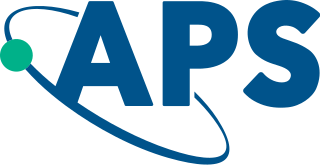
The American Physical Society (APS) is a not-for-profit membership organization of professionals in physics and related disciplines, comprising nearly fifty divisions, sections, and other units. Its mission is the advancement and diffusion of knowledge of physics. It publishes more than a dozen scientific journals, including the prestigious Physical Review and Physical Review Letters, and organizes more than twenty science meetings each year. It is a member society of the American Institute of Physics. Since January 2021, it is led by chief executive officer Jonathan Bagger.

The year 2005 was named the World Year of Physics, also known as Einstein Year, in recognition of the 100th anniversary of Albert Einstein's "Miracle Year", in which he published four landmark papers, and the subsequent advances in the field of physics.
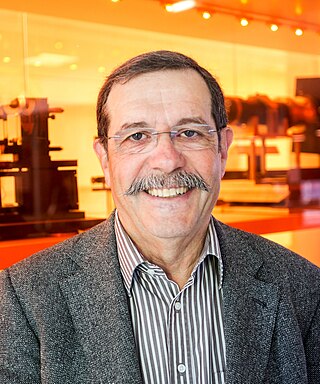
Alain Aspect is a French physicist noted for his experimental work on quantum entanglement.

The Alexander von Humboldt Foundation is a foundation that promotes international academic cooperation between select scientists and scholars from Germany and from abroad. It was established by the government of the Federal Republic of Germany and is funded by the Federal Foreign Office, the Federal Ministry of Education and Research, the Federal Ministry for Economic Cooperation and Development as well as other national and international partners.
Frank Steglich is a German physicist and the founding director of the Max Planck Institute for Chemical Physics of Solids in Dresden, Germany.

The École européenne de chimie, polymères et matériaux of Strasbourg is a public engineering school in the city of Strasbourg, in Alsace, France. It was founded in 1948, and is located on the Cronenbourg Campus of the University of Strasbourg. Each year 90 students graduate from the school with a diplôme d'ingénieur. It is a National School of Engineers, part of the University of Strasbourg and a member of the Fédération Gay-Lussac, which recruits from the common polytechnic entrance examination. It is also part of the Alsace Tech network of nine engineering schools in Alsace. The ECPM offers its students three specialties: chemistry, polymers or materials.

Herwig Franz Schopper is a German experimental physicist. He was the director general of CERN from 1981 to 1988.
Heino Finkelmann is a retired German chemist in the area of liquid-crystalline elastomers.
Girish S. Agarwal, Fellow of the Royal Society UK, is a theoretical physicist. He is currently at the Texas A & M University with affiliations to the Departments of Biological and Agricultural Engineering, Physics and Astronomy, and the Institute for Quantum Science and Engineering. Earlier he worked as Noble Foundation Chair and the Regents Professor at the Oklahoma State University. He is a recognized leader in the field of quantum optics and also has made major contributions to the fields of nonlinear optics, nanophotonics and plasmonics. In 2013 he published the textbook "Quantum Optics", covering a wide range of recent developments in the field, which has been well received by the community.
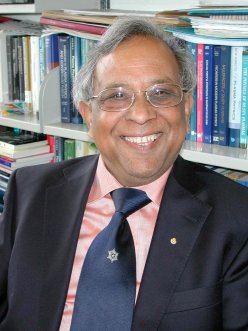
Padma Kant Shukla was a distinguished Professor and first International Chair of the Physics and Astronomy Department of Ruhr-University Bochum in Germany. He was also the director of the International Centre for Advanced Studies in Physical Sciences at Ruhr-University Bochum. He held a PhD in physics from Banaras Hindu University in Varanasi, India and a second doctorate in Theoretical Plasma Physics from Umeå University in Sweden.
Jörg Rüpke is a German scholar of comparative religion and classical philology, recipient of the Gay-Lussac Humboldt Prize in 2008, and of the Advanced Grant of the European Research Council in 2011. In January 2012, Rüpke was appointed by German Federal President Christian Wulff to the German Council of Science and Humanities.
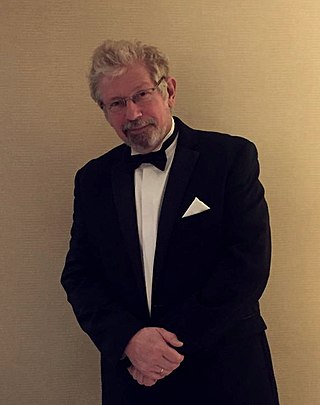
Alexandre Bouzdine (Buzdin) (in Russian - Александр Иванович Буздин; born March 16, 1954) is a French and Russian theoretical physicist in the field of superconductivity and condensed matter physics. He was awarded the Holweck Medal in physics in 2013 and obtained the Gay-Lussac Humboldt Prize in 2019 for his theoretical contributions in the field of coexistence between superconductivity and magnetism.
The Gay-Lussac–Humboldt Prize is a German–French science prize. It was created in 1981 by French President Valéry Giscard d'Estaing and German Chancellor Helmut Schmidt based on the recommendation of the German and French research ministries. The prize money is €60,000.
Jürgen Mlynek is a German physicist and was president of the Helmholtz Association of German Research Centres from 2005 to 2015.
Maciej Lewenstein, is a Polish theoretical physicist, currently an ICREA professor at ICFO – The Institute of Photonic Sciences in Castelldefels near Barcelona. He is an author of over 480 scientific articles and 2 books, and recipient of many international and national prizes. In addition to quantum physics his other passion is music, and jazz in particular. His collection of compact discs and vinyl records includes over 9000 items.
Dmitri E. Kharzeev is an American theoretical physicist most notable for his work on the chiral magnetic effect.
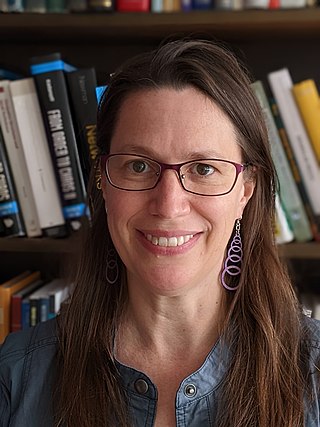
Karen E. Daniels is an American physicist who is a professor of physics at North Carolina State University. Her research considers the deformation and failure of materials. She is a Fellow of the American Physical Society, and serves on their Committee on the Status of Women in Physics. She is also a Fellow of the American Association for the Advancement of Science.
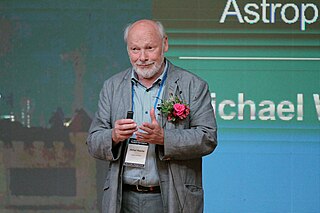
Michael C. F. Wiescher is a German-American experimental nuclear physicist and astrophysicist, known for his laboratory research in nuclear physics connected with various astrophysical phenomena such as stellar evolution and explosion environments.
Ludger Wöste is a German physicist and professor at the Free University of Berlin. He is known for research in laser control of chemistry and laser-based weather control through the creation of plasma channels by laser filamentation in air.











